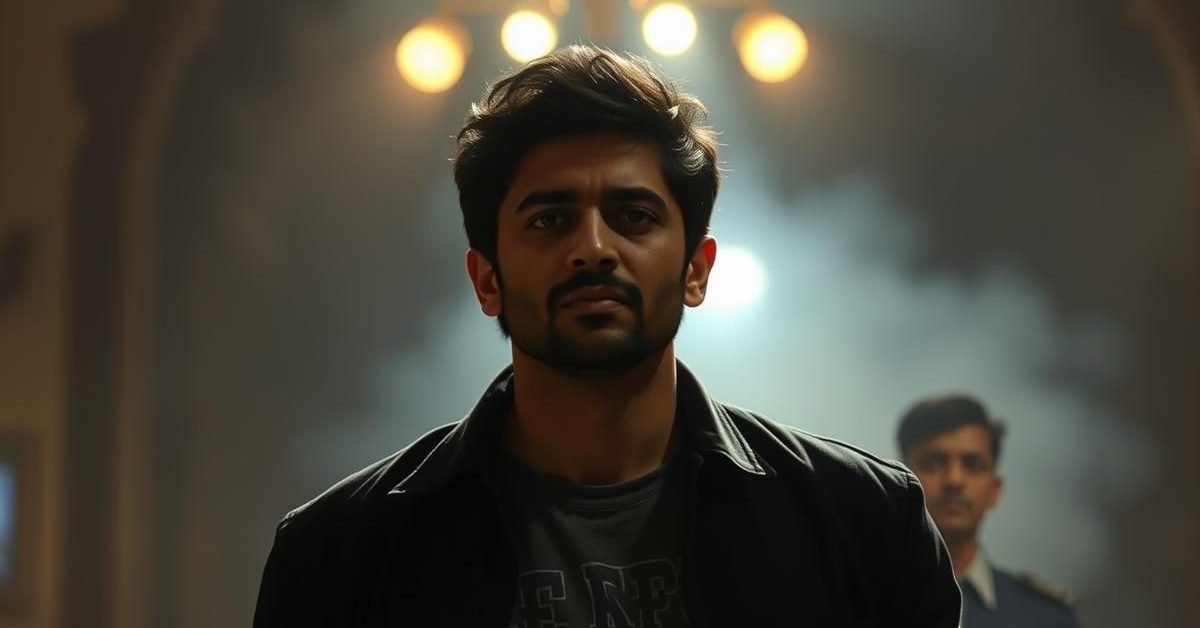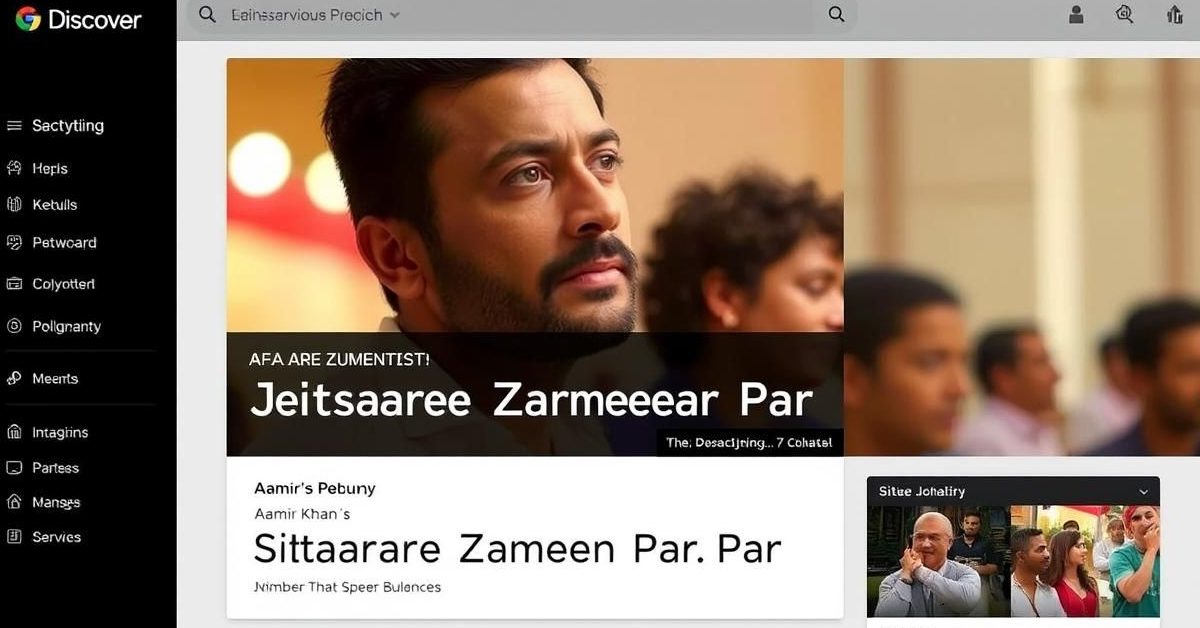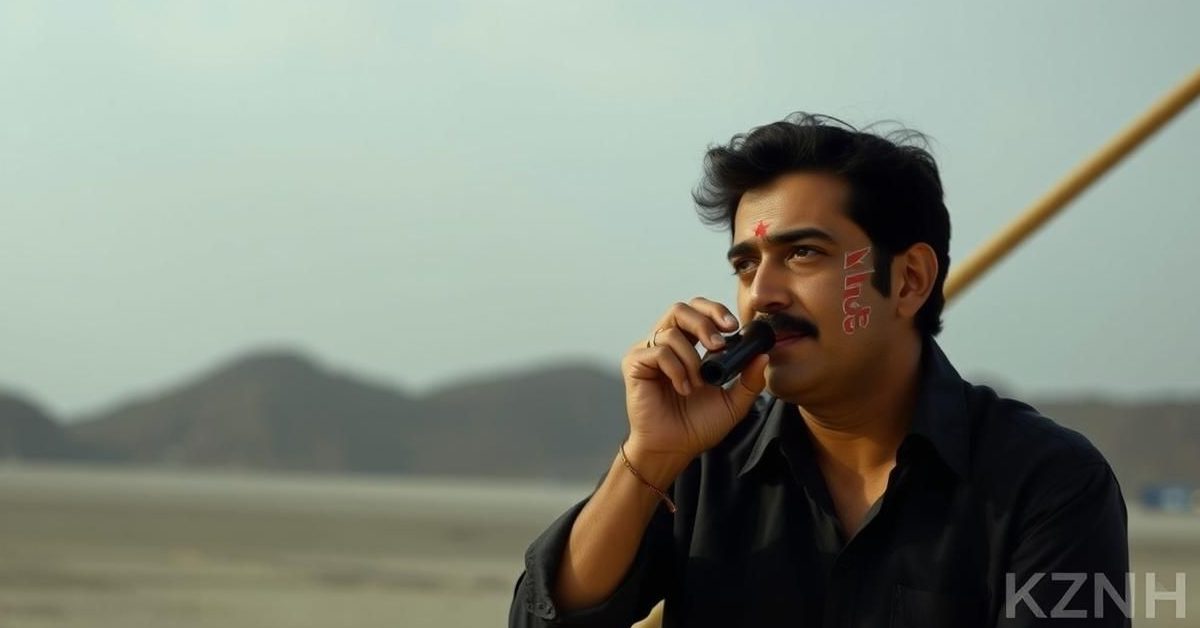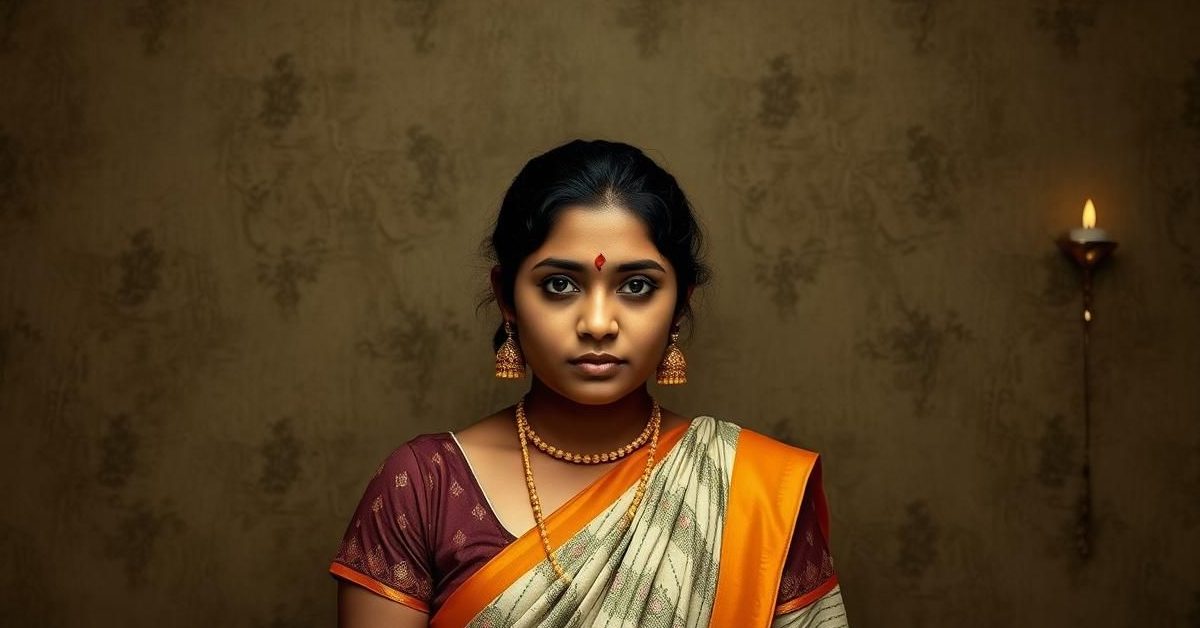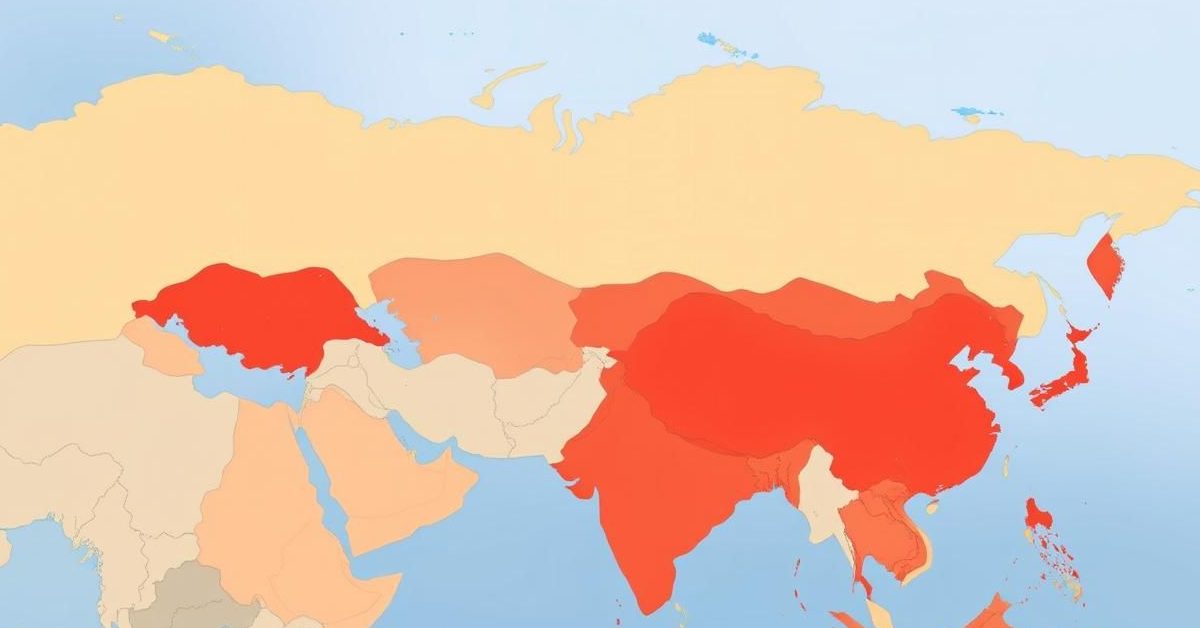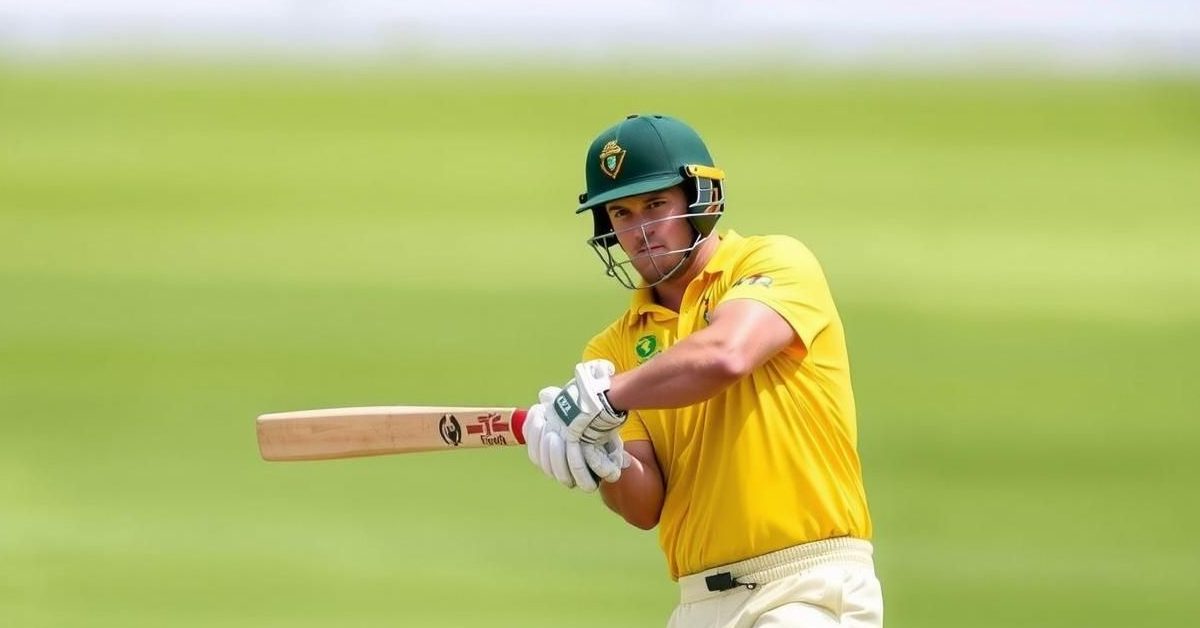The Shadow of the Underworld: Bollywood’s Dark Past
The 1980s and 1990s cast a long, ominous shadow over the glittering world of the Hindi film industry. During this turbulent period, organized crime exerted significant, often terrifying, influence, dictating terms and even lives. It was precisely amidst this perilous landscape that a young Aamir Khan burst onto the scene, capturing hearts with his debut in cousin Mansoor Khan’s iconic 1988 directorial, Qayamat Se Qayamat Tak.
As Aamir Khan rapidly ascended to superstardom, becoming one of Bollywood’s most sought-after names, he, like countless others in his profession, found himself on the radar of these powerful, clandestine organizations. What followed was a chilling invitation that speaks volumes about the era’s pervasive threats.
An Unsettling Summons from the Middle East
In the late 1990s, the celebrated actor received an unbidden summons from the underworld, a demand to attend a high-profile gathering they were orchestrating in the Middle East, likely in the opulent city of Dubai. This wasn’t a mere request; it carried the unmistakable weight of an ultimatum.
Recalling the harrowing encounter during an interview with The Lallantop, Aamir Khan recounted, “I’d said no to the invite to attend their party in the Middle East, probably Dubai. Some people from the underworld had visited me to invite me to the party.” Ever discreet, Khan refrained from naming specific figures, even notorious ones like Dawood Ibrahim, stating, “I don’t take names, even of people from my industry. That’s my nature.”
A Stand Against Intimidation: “Take Me Forcibly”
The emissaries of the underworld, accustomed to immediate compliance, employed various tactics to sway the determined actor. “They tried a lot. They offered me money and offered to get any work done of my choosing,” Khan revealed. Yet, he remained unyielding. His steadfast refusal prompted a swift shift in their approach.
“They quickly changed their tone and said I’d have to come now because my presence had already been announced, and it was a prestige issue,” Aamir elaborated. This was the final, tense meeting, where Khan delivered a response that echoed his indomitable spirit. “I said, ‘You’ve been meeting for a month and I’ve been telling you right from the start that I wouldn’t come. You’re very powerful so you can bash me up, hit me on the head, tie my hands and legs, and take me forcibly wherever you want, but I wouldn’t come on my own.'” It was a stark, fearless declaration, one that, surprisingly, brought an end to their persistent contact.
The Gut-Wrenching Fear for Family
While Aamir Khan presented a courageous front, the ordeal was far from easy. He admitted to being “very scared at that time,” not for his own well-being, but primarily for his loved ones. “I had two small kids then. My parents were very concerned. They said, ‘What are you doing? They’re very dangerous.'”
His deep-seated resolve, however, transcended the fear. “So I had said only one thing to them then, ‘I want to live my life the way I want. I don’t want to go there,'” Aamir shared, emphasizing, “I was more concerned for the ones close to me.” At the time, his children, Junaid Khan and Ira Khan, born in 1993 and 1997 respectively, were very young. They were born to his then-wife, Reena Dutta, whom he had married in 1986. The couple would later divorce in 2002.
Echoes of a Dangerous Era: The Gulshan Kumar Connection
Aamir Khan’s terrifying brush with the underworld highlights a dark chapter in Bollywood’s history, a period tragically underscored by events like the 1997 murder of music magnate Gulshan Kumar. Kumar, the visionary founder of T-Series, was brutally shot dead by the underworld, a chilling reminder of their reach.
Years later, Aamir Khan was set to star in Mogul, a biopic centered on Gulshan Kumar’s life, produced by his son Bhushan Kumar, the current head of T-Series, and helmed by director Subhash Kapoor. However, Aamir eventually stepped away from the project, citing creative differences. Subsequently, actor Akshay Kumar was reportedly considered for the lead role, though the film’s status remains uncertain. This connection, however tangential, serves as a poignant reminder of the real-world consequences and pervasive fear that permeated the industry during those tumultuous decades.
